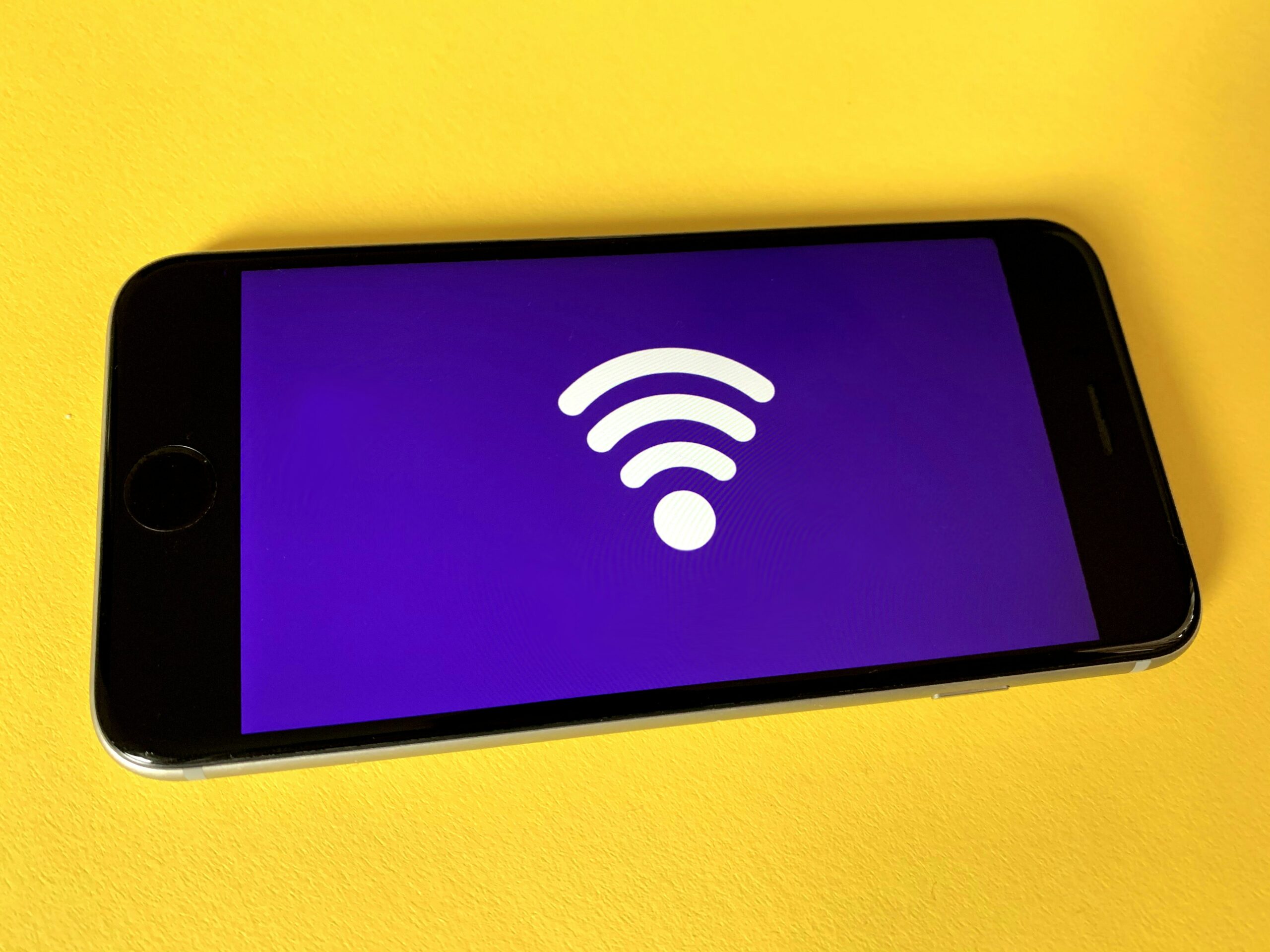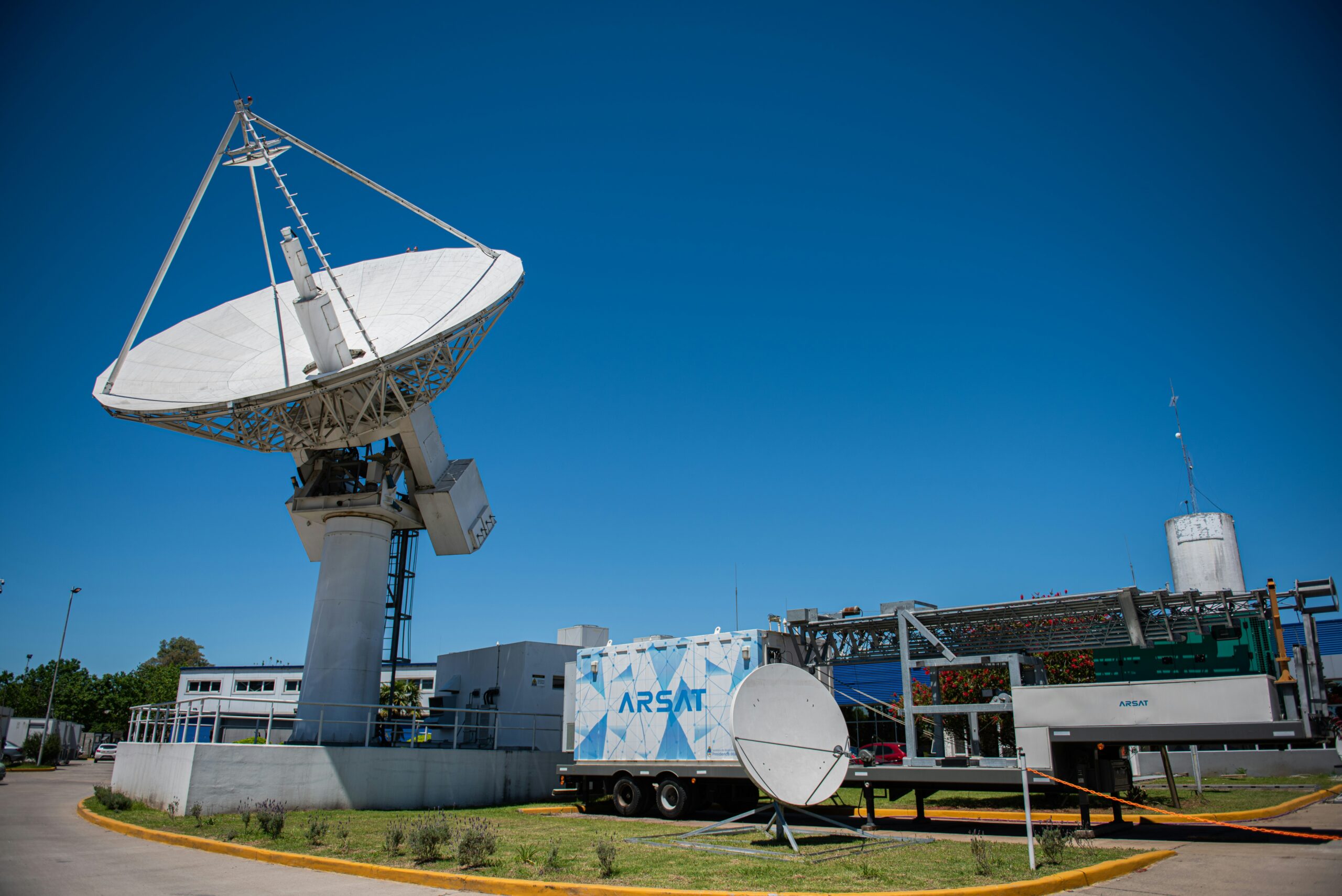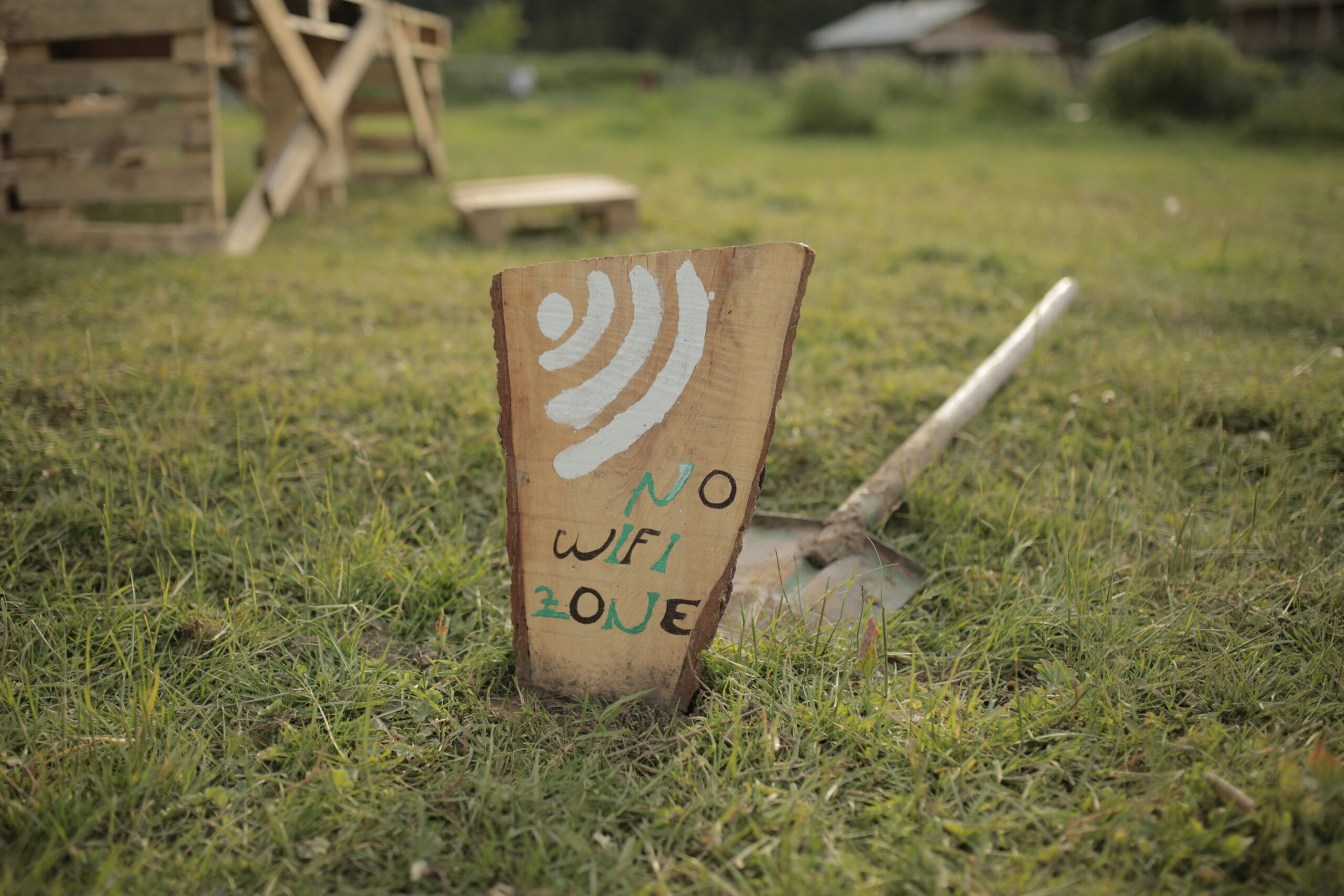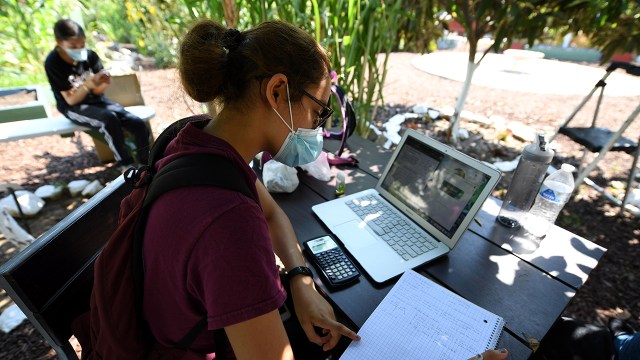
Communities throughout the USA are going through demanding situations of far off finding out as Okay-12 colleges have shifted to on-line categories or been compelled to pass far off after scholars or personnel examined sure for COVID-19 early within the time period.
Many of those colleges confronted identical issues within the spring. A brand new research of Pew Analysis Middle knowledge accumulated in early April reveals that 59% of fogeys with decrease earning who had youngsters in colleges that have been far off on the time mentioned their youngsters would most likely face no less than certainly one of 3 electronic limitations requested about.
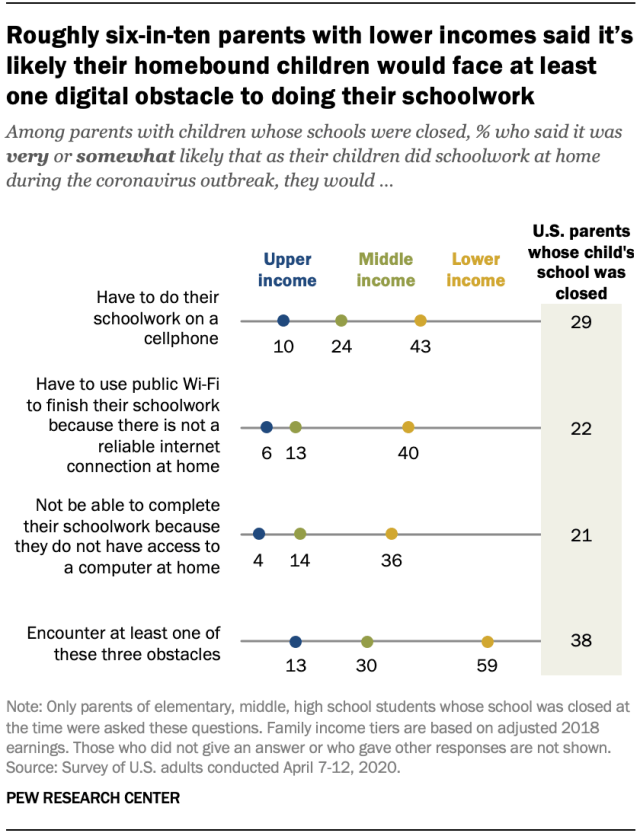
Total, 38% of fogeys with youngsters whose Okay-12 colleges closed within the spring mentioned that their baby used to be very or moderately prone to face a number of of those problems. As well as, mother and father with center earning have been about two times as most likely as mother and father with upper earning to record expecting problems.
Issues associated with the “homework hole” have affected households and pushed policymakers for years. After the coronavirus outbreak close down many of the nation, together with maximum Okay-12 colleges, some mother and father reported worries about how their baby would have the ability to whole their schoolwork from house, in line with the Middle’s April 7-12 survey of U.S. adults. On the time, 29% of fogeys with homebound schoolchildren mentioned it used to be very or moderately most likely their youngsters must do their schoolwork on a cellular phone. About one-in-five mother and father additionally mentioned it used to be no less than moderately most likely their youngsters would now not have the ability to whole their schoolwork as a result of they didn’t have get admission to to a pc at house (21%) or must use public Wi-Fi to complete their schoolwork as a result of there used to be now not a competent web connection at house (22%).
Pew Analysis Middle carried out this learn about to know the way American citizens consider the function of the web and computer systems amid the coronavirus outbreak. For this research, we surveyed 4,917 U.S. adults from April 7-12, 2020. Everybody who took section is a member of Pew Analysis Middle’s American Tendencies Panel (ATP), an internet survey panel this is recruited thru nationwide, random sampling of residential addresses. This manner just about all U.S. adults have a possibility of variety. This offers us self assurance that any pattern can constitute the entire U.S. grownup inhabitants. (See our Strategies 101 explainer on random sampling.) The survey is weighted to be consultant of the U.S. grownup inhabitants through gender, race, ethnicity, partisan association, training and different classes. Learn extra concerning the ATP’s technique.
Parts of this research duvet other revenue teams. To create the upper-, middle- and lower-income tiers used on this record, circle of relatives earning in line with 2018 income have been adjusted for variations in buying energy through geographic area and for family sizes. Center revenue is outlined as two-thirds to double the median annual revenue for all panelists. Decrease revenue falls beneath that vary; higher revenue falls above it. For more info about how the revenue tiers have been decided, please learn this.
Listed below are the questions used for this record, in conjunction with responses, and its technique.
The ones parental anxieties come at a time when there are debates concerning the function of faculties in offering era to scholars. Total, the majority of American citizens (80%) mentioned within the April survey that they believed Okay-12 colleges have a duty to no less than a few of their scholars to supply computer systems or drugs to lend a hand scholars whole their schoolwork all the way through the outbreak, together with 37% who mentioned colleges have this duty to all in their scholars.
Oldsters who expected no less than any such limitations have been much more likely than others to mention colleges will have to supply computer systems to no less than some scholars all the way through the outbreak (92%) and that the federal government will have to be sure that high-speed web get admission to to all American citizens all the way through the outbreak (57%). By way of comparability, fewer mother and father who anticipated their baby to come upon no such demanding situations mentioned the similar (80% and 34%, respectively).
The web has been vital for plenty of American citizens, together with non-parents, all the way through the coronavirus outbreak. Just about nine-in-ten American citizens mentioned the web were vital or crucial to them all the way through the outbreak as of early April. Then again, just a minority believed it’s the federal executive’s duty to verify all American citizens have a high-speed web connection at house all the way through the outbreak.
Some teams – particularly, those that view the web as crucial or fear about affording it – have been much more likely to consider that the federal government will have to be liable for making sure web get admission to all the way through the pandemic.
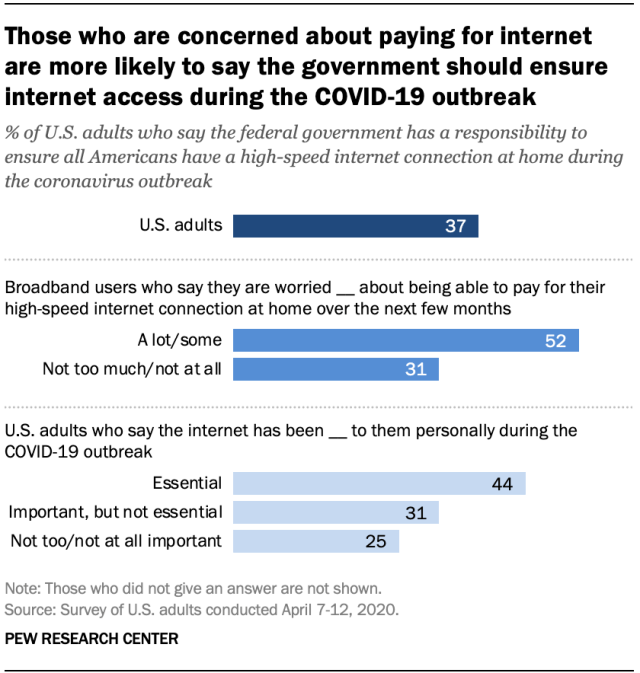
Total, 37% of U.S. adults mentioned in spring that the government has a duty to verify all American citizens have a high-speed web connection at house all the way through the outbreak, however this various through other people’s considerations about paying for those products and services.
Broadband customers who have been involved so much or some about paying for his or her web over the following couple of months have been 21 share issues much more likely than those that weren’t too or in no way anxious to mention the federal government has a duty to verify web get admission to for all American citizens all the way through the outbreak (52% vs. 31%).
On the similar time, the general public’s perspectives various through the extent of significance they positioned on the net all the way through this time. Whilst 44% of American citizens who mentioned the web has been crucial to them for my part all the way through this outbreak believed the federal government has a duty all the way through the pandemic to be sure that all American citizens have high-speed web get admission to, those stocks have been smaller amongst those that deemed the web as vital however now not crucial (31%) and those that described the web all the way through this time as now not too or in no way vital (25%).
Perspectives at the factor additionally various through partisanship. Total, Democrats and independents who lean Democratic have been much more likely than Republicans and Republican leaners to mention the government has a duty to verify all American citizens have a high-speed web connection all the way through the outbreak (52% vs. 22%). Whilst the vast majority of Republicans (77%) antagonistic this initiative, it’s price noting that about part of Democrats (48%) additionally didn’t toughen executive involvement.
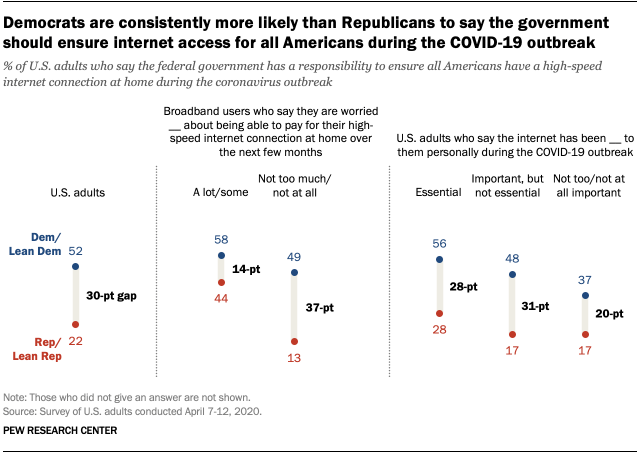
When it got here to partisan variations in this factor amongst broadband customers, the space between Democrats who have been anxious about affording their web expenses over the following couple of months and those that weren’t used to be reasonably small. Some 58% of Democratic broadband customers who anxious about paying their web expenses sponsored the theory of presidency making sure high-speed get admission to all the way through the pandemic, in comparison with 49% of the Democrats who weren’t anxious about their broadband expenses – a 9 share level distinction. Amongst Republican broadband customers in those other teams, there used to be a 31-point hole.
As many actions had been shifted on-line, the coronavirus outbreak has sparked debates concerning the electronic divide – the space between those that have get admission to to era and those that don’t. One answer put forth through advocates can be to regard the web as a public software to which all electorate will have to have equivalent get admission to.
Public toughen for presidency help in this factor is reasonably low in comparison with different spaces. In a 2019 Middle survey, 28% of U.S. adults mentioned the government has a duty to supply get admission to to high-speed web to all American citizens. American citizens have been a lot more prone to say the government has a duty to supply different toughen and products and services, akin to high quality Okay-12 training (80%), ok hospital therapy (73%) or medical health insurance (64%).
Notice: Listed below are the questions used for this record, in conjunction with responses, and its technique.
Supply By way of https://www.pewresearch.org/short-reads/2020/09/10/59-of-u-s-parents-with-lower-incomes-say-their-child-may-face-digital-obstacles-in-schoolwork/
